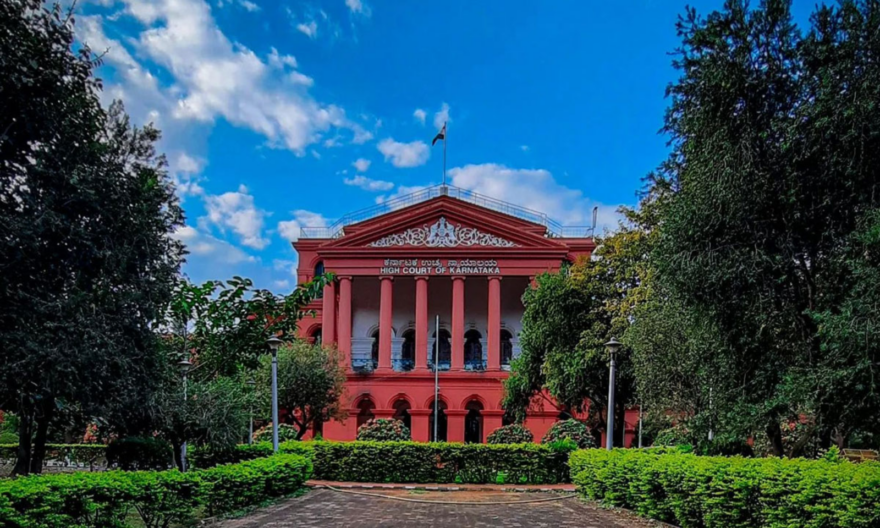
The Karnataka High Court has recently rejected a plea by the Social Democratic Party of India challenging the State government’s decision to seal its offices for violation of the Unlawful Activities (Prevention) Act.
Justice M Nagaprasanna observed that the notifications issued to seal the offices of the party were issued under Section 8 of UAPA.
The Court said that “The notifications issued to seal the premises of the petitioner by the State Government are undoubtedly under the exercise of power under sub-section (3) and (4) of Section (8) of the Act. Therefore, the petitioner has an alternative remedy which is statutory & necessarily to be availed of, in the peculiar facts of this case, as the recording of evidence for the acts of the State is imperative.”
Therefore, SDPI moved to the Court after the State government, based on a Central government notification banning the PFI and its associates, sealed its offices in Mangalore after the conclusion PFI was operating from these offices.
Advocate Mohammed Tahir for the petitioners pointed out that SDPI wasn’t one of the organizations that declared to be PFI associates. He then asserted that the action of the State government in searching and sealing PDFI’s offices was illegal. He argued that the State couldn’t have travelled beyond what the notification devolved to it.
Afterward, Additional Advocate General Aruna Shyam M contended that SDPI’s activities were directly linked to PFI, and therefore, the former’s offices were sealed.
Further, he argued that the petitioners had an alternate remedy before a district judge in terms of the provisions of UAPA and hence asked the Court to relegate the matter to a lower court.
Deputy Solicitor General of India H Shanthi Bhushan, appeared for the Central government, which agree with these submissions.
After that, the Court observed that an alternate remedy was available to the petitioners, and clarified that the mere existence of an alternate remedy wouldn’t mean that the writ petition wasn’t maintainable.
However, since the case required evidence’s recording for the acts of the State, therefore the Court dismissed the plea, granting liberty to SDPI to place its contentions before a district judge.




